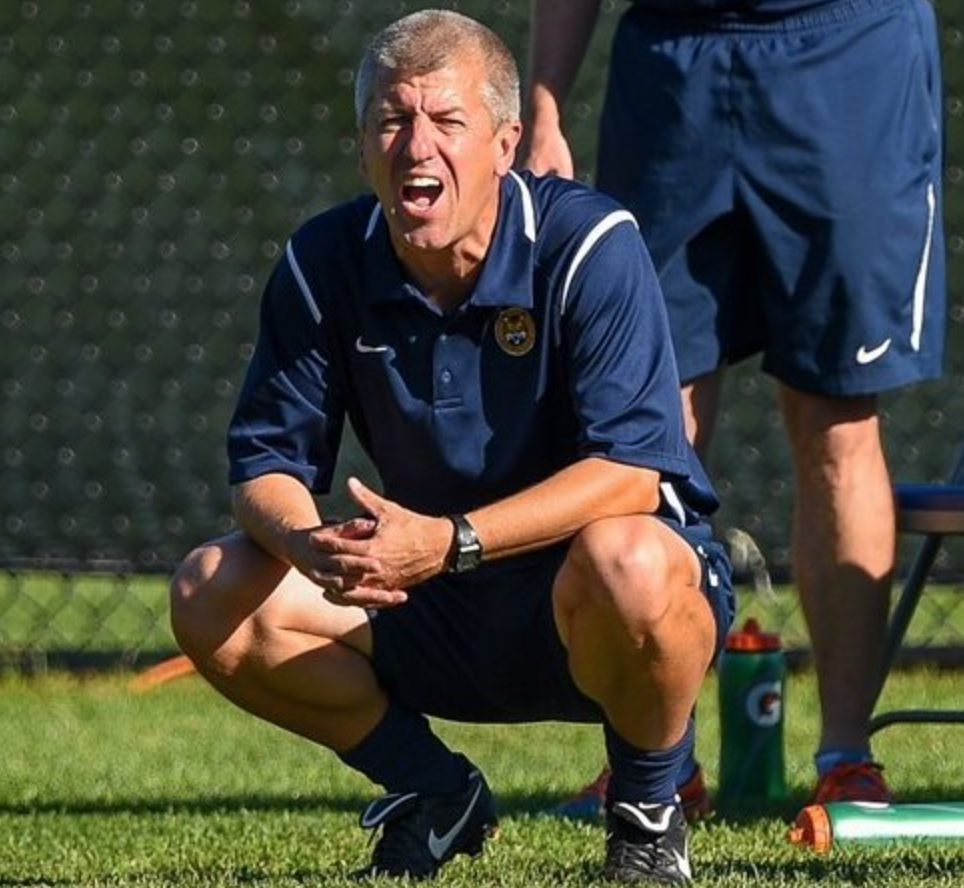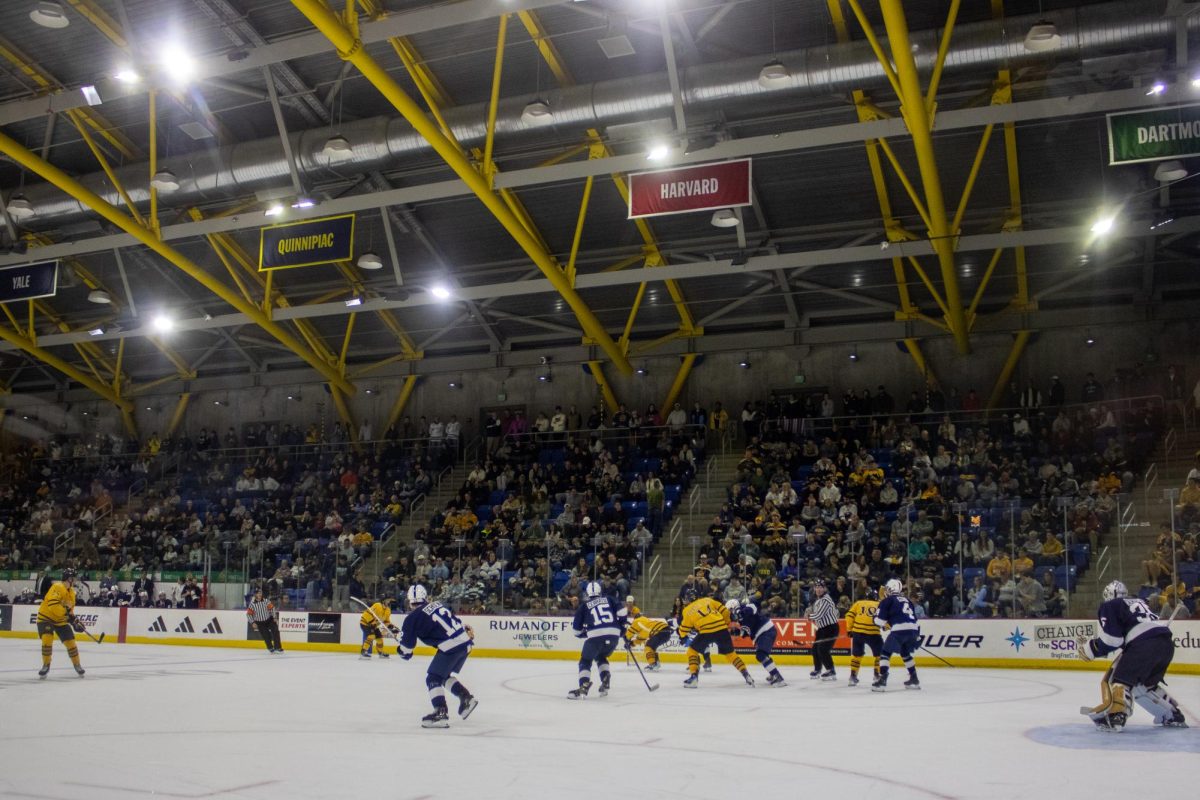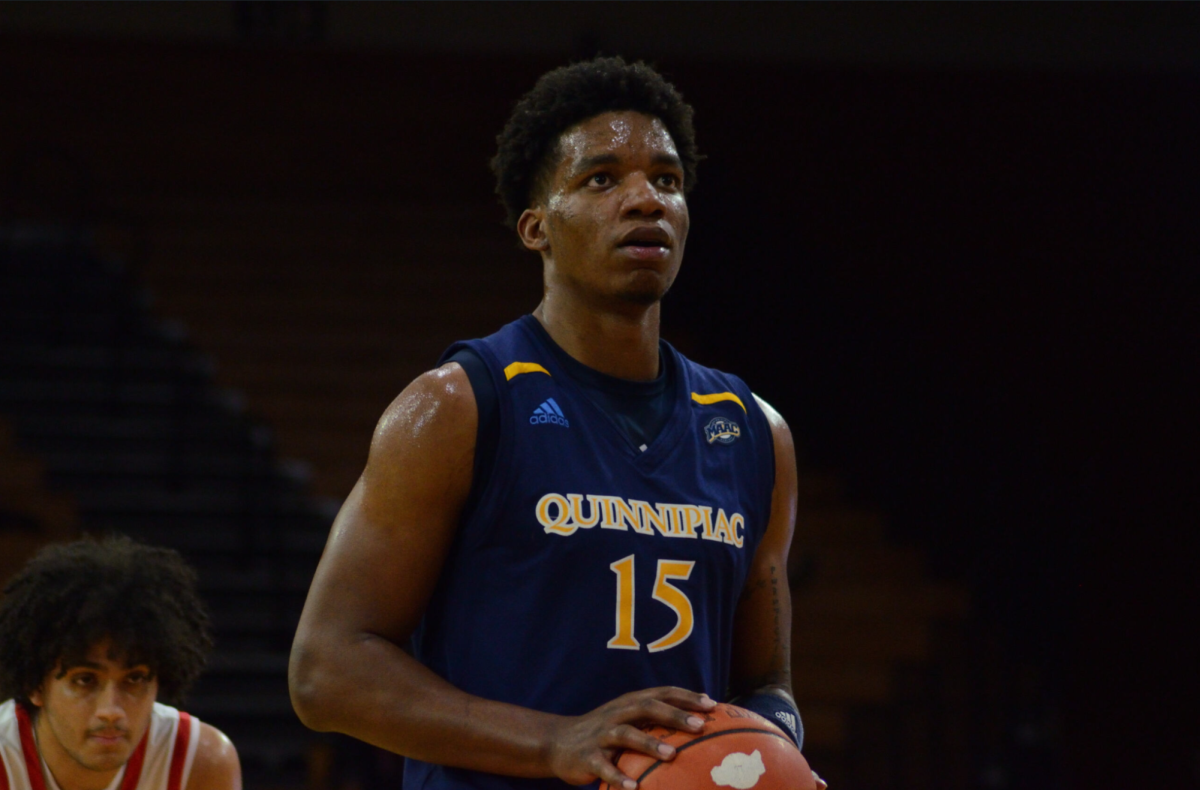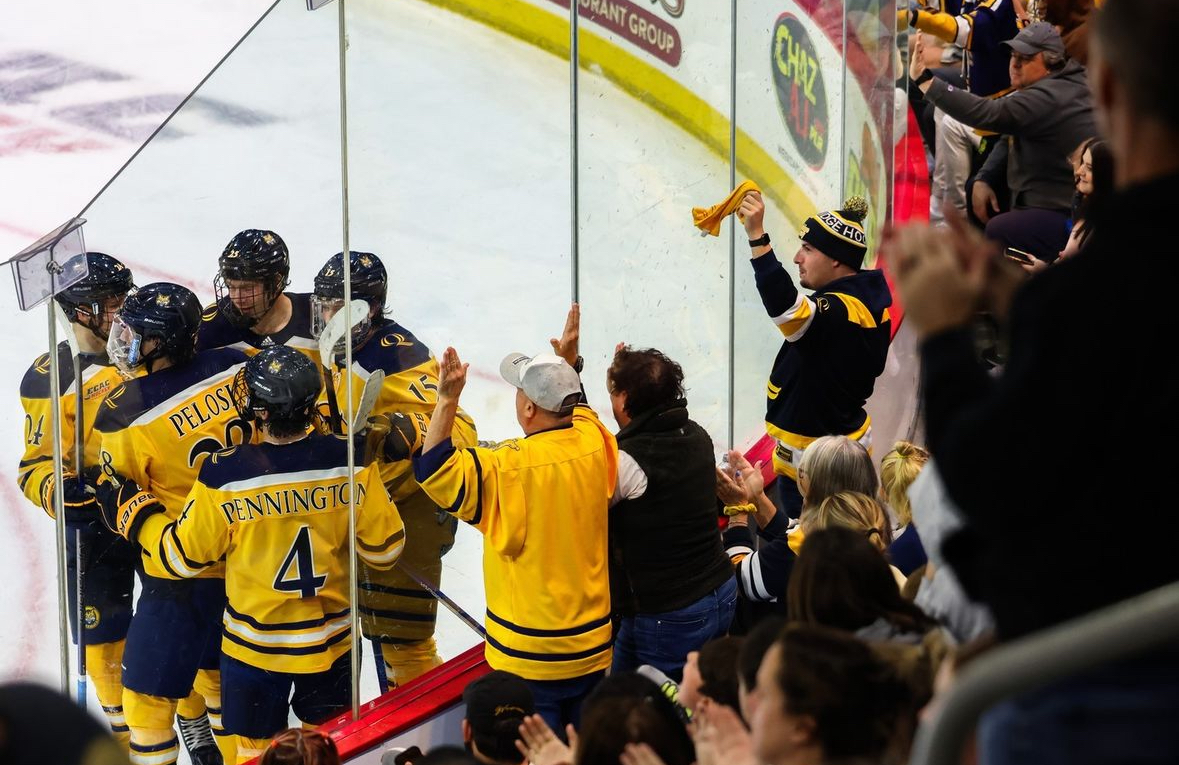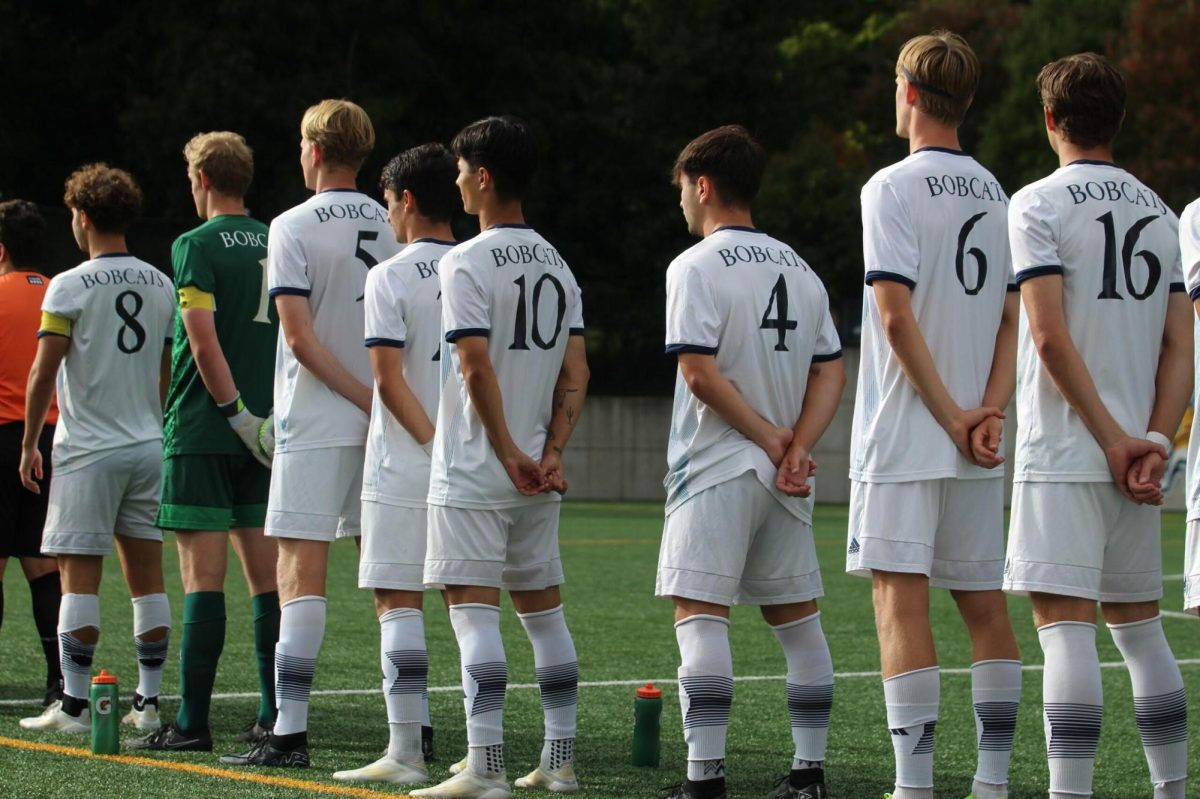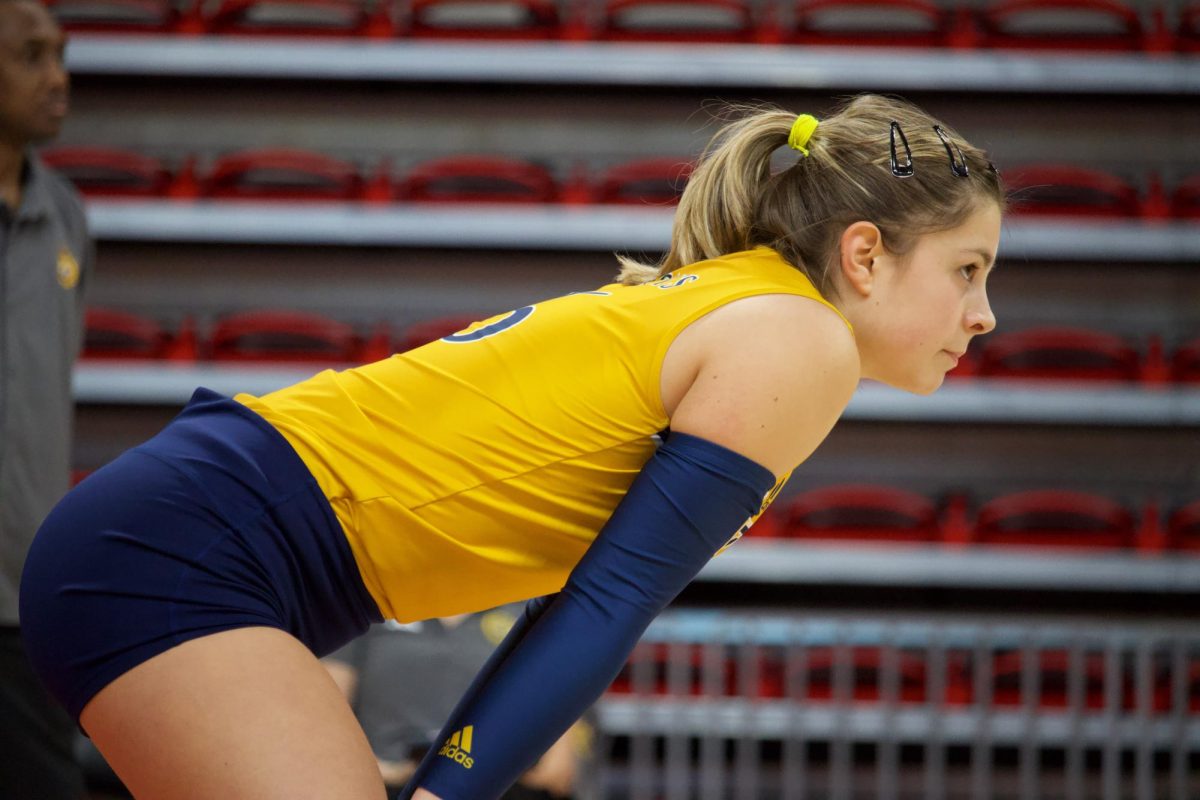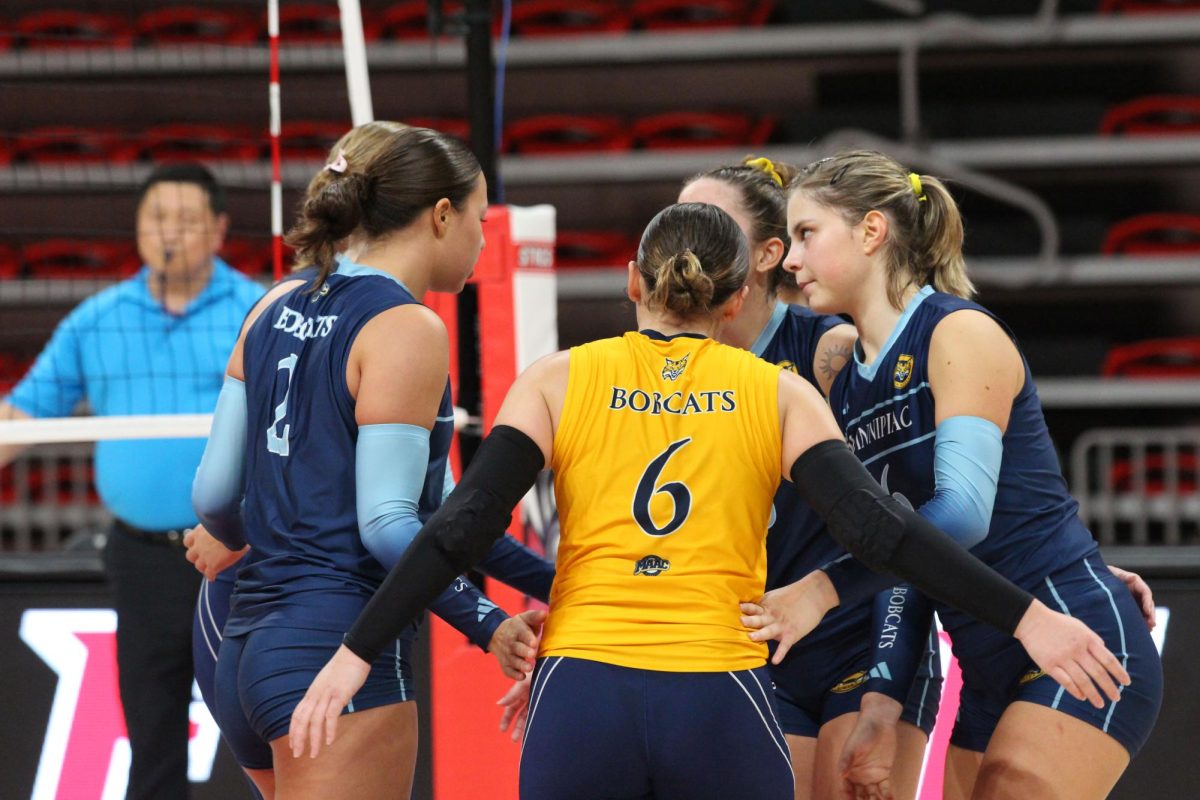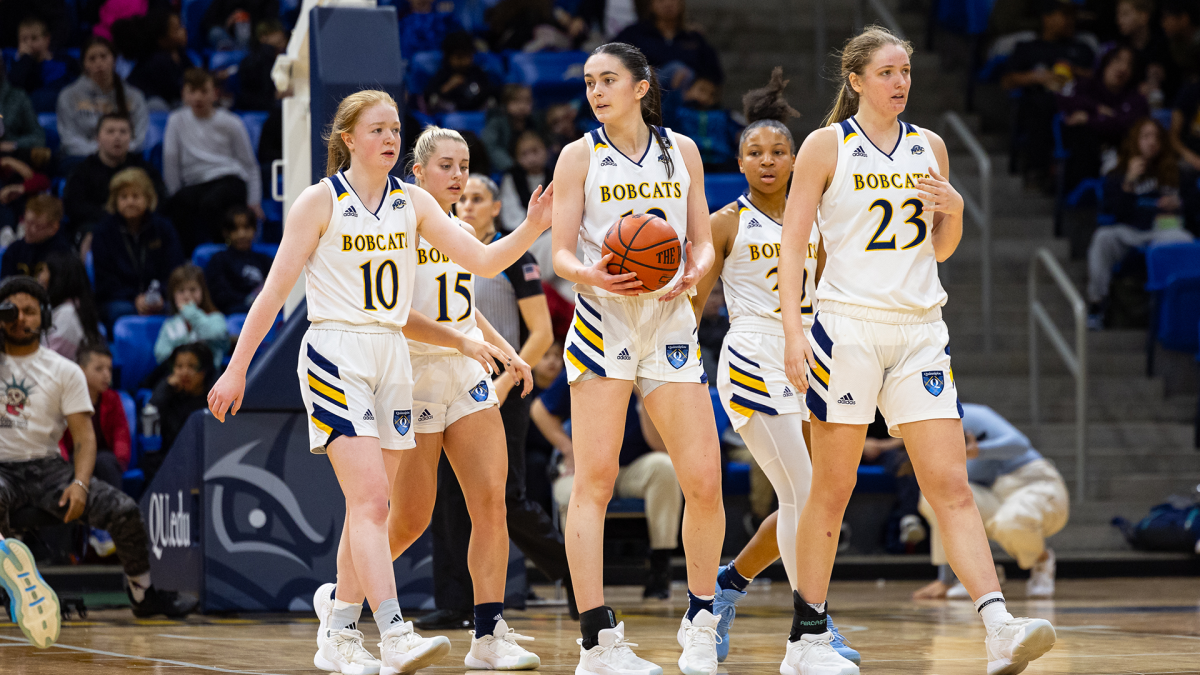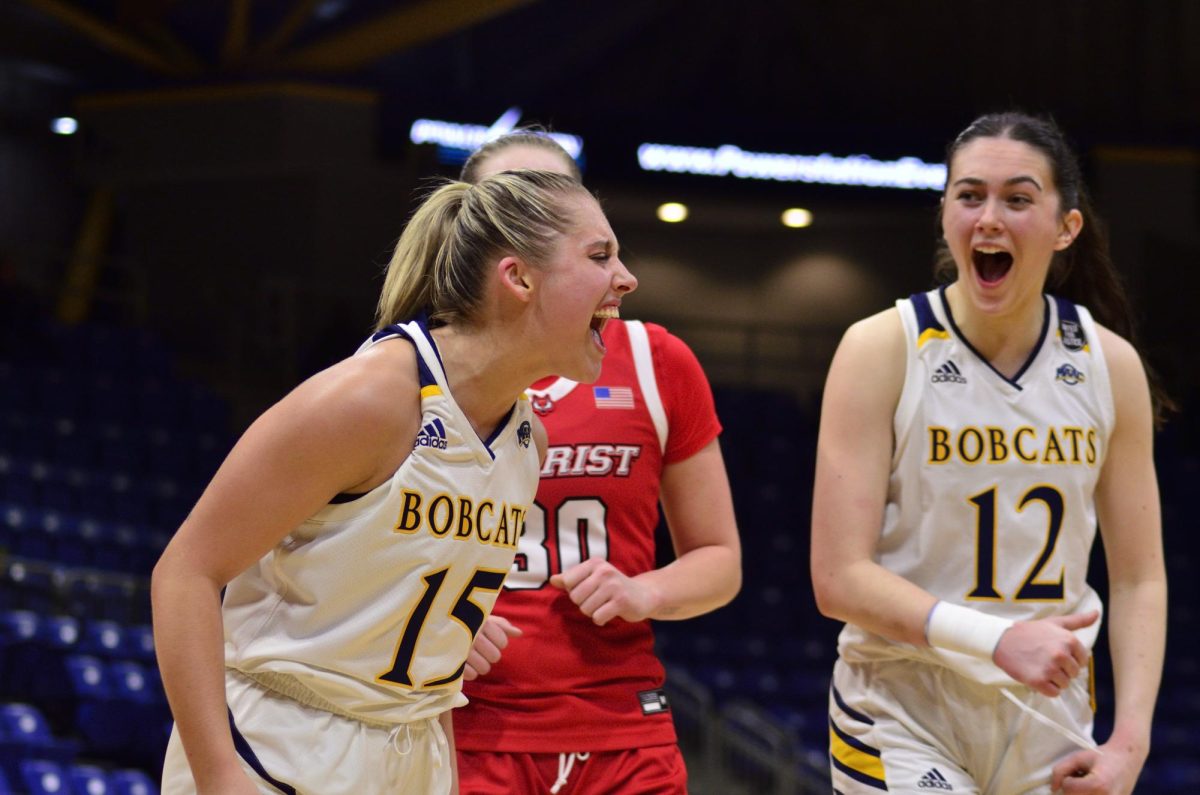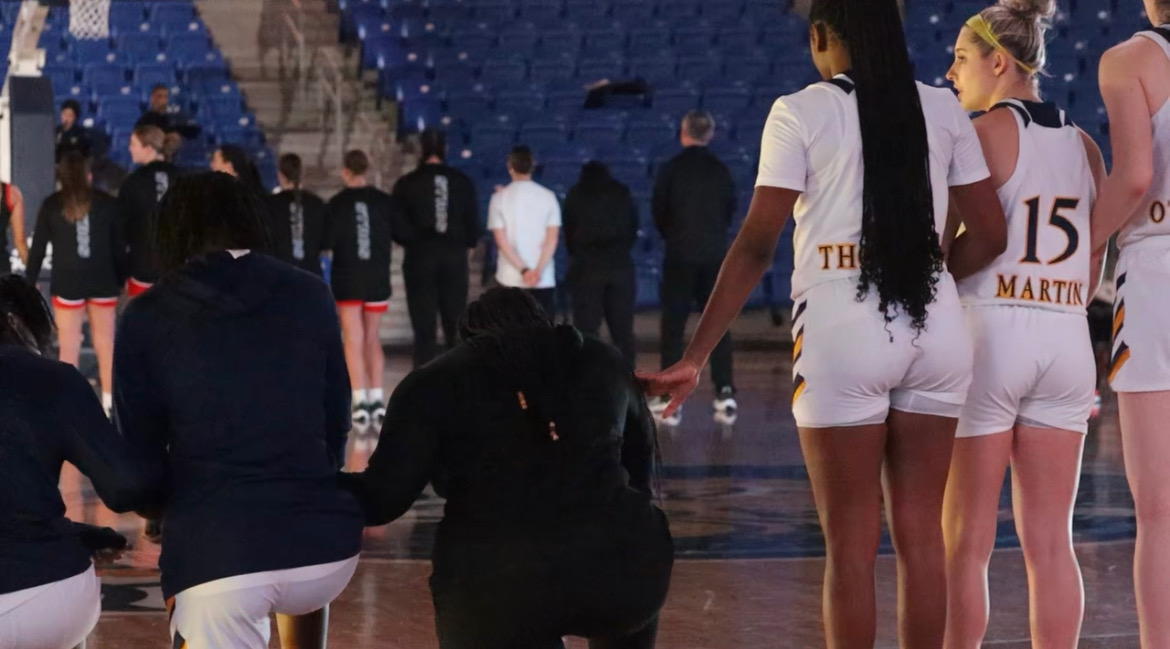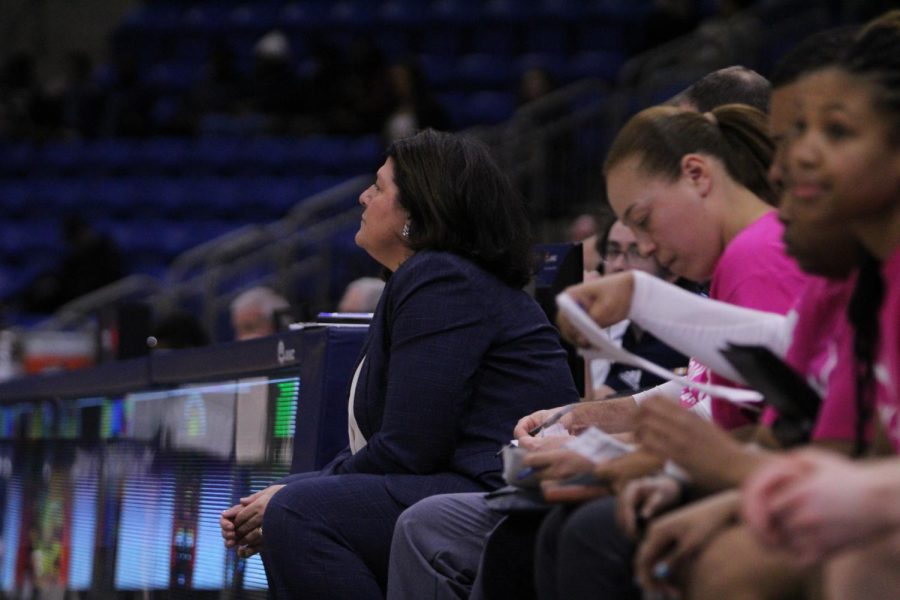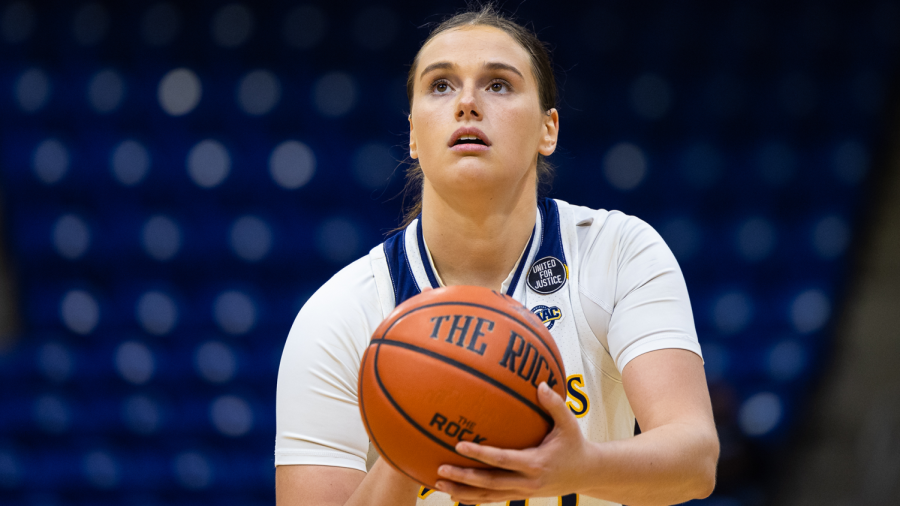Photo courtesy Quinnipiac Athletics
By: Morey Hershgordon
There’s no debate that the Quinnipiac women’s basketball team has inspired women’s sports programs all over the nation this past week during its unprecedented and historic run to the Sweet Sixteen. For one coach in particular who leads a similar program in Hamden, the Bobcats rise to national stardom has been extra special.
That’s Dave Clarke, head coach of the Quinnipiac women’s soccer team.
“To see a Quinnipiac women’s team play on a national level and reach the Sweet Sixteen and not with a lucky draw or a lucky 3-pointer or slowing down the game.”
“It’s incredible.”
There was no way Clarke was going to miss the team play in the NCAA Tournament. As excited as the rest of the Quinnipiac community was, he paid close attention both of Quinnipiac’s wins against No. 5 Marquette and No. 4 Miami (Fl.) this past weekend. Believe it or not, the coach who does his work on the pitch knows a thing or two about the hardwood.
“(Quinnipiac) got 3-pointers when they needed it, rebounds when they needed it. They got big plays, they got big free throws.”
Basketball aside, he saw many translatable skills that his team can use in the near future.
“They were unselfish and they worked for each other,” Clarke said. “They had a shared goal and they accomplished it together. You look at the bench and their reaction and you couldn’t tell who was a starter, who was a sub, or who was out injured. They were all invested in the game.”
Clarke has led the Quinnipiac women’s soccer program since 1999. For the past 18 years, he has sat across the table from women’s basketball head coach Tricia Fabbri in every staff meeting. And while he has reached the NCAA Tournament, Fabbri is always the first person he goes to when he needs advice about implementing a change in his program.
“Trish is the one I go to the most for advice on how to take that next step recruiting, the demands, the expectations the change in culture because she’s gone through it.”
“I don’t need to look outside (of Quinnipiac) for the standard (of excellence) and neither do my players.”
Clarke sees a lot of similarities between women’s college soccer and women’s college basketball. But the way mid-major programs make Sweet Sixteen-type runs surely aren’t built overnight.
“The parallels are the same with us because the power five conferences are going to dominate. ‘Can we go and beat a team? Yeah.’ But we’re not going to beat a team unless all 25, 26, 27 players are invested in it. And that doesn’t start in the game, or in a one year or two years. That starts in the recruiting process and identifying those players that fit into the system.”
He continued, noting the types of players that it takes to recruit to a school like Quinnipiac which is looking to build a history of athletic excellence.
“You have to sacrifice your own ego, your own goals as an individual for the team. This is not the school that one player can dominate in a sport. It’s just not going to happen. You’re not going to be put on a pedestal.”
Valuing the team is much more important than any individual success.
“The more that you read, the more that you pay attention you know that they believed,” Clarke said. “And she got the players to believe and you can’t place a value on that.”
Much like Fabbri’s team’s ending in 2016, Clarke’s saw the same this past Fall. A thrilling run all the way to the MAAC Championship game was halted one game before the big dance. Now, preparing his team for the upcoming season and getting over the final hump will be a little easier. They have familiar faces to relate too.
“These are players they know, these are players they go to class with. You try to tell that to your team and build that (same type of) atmosphere.”


